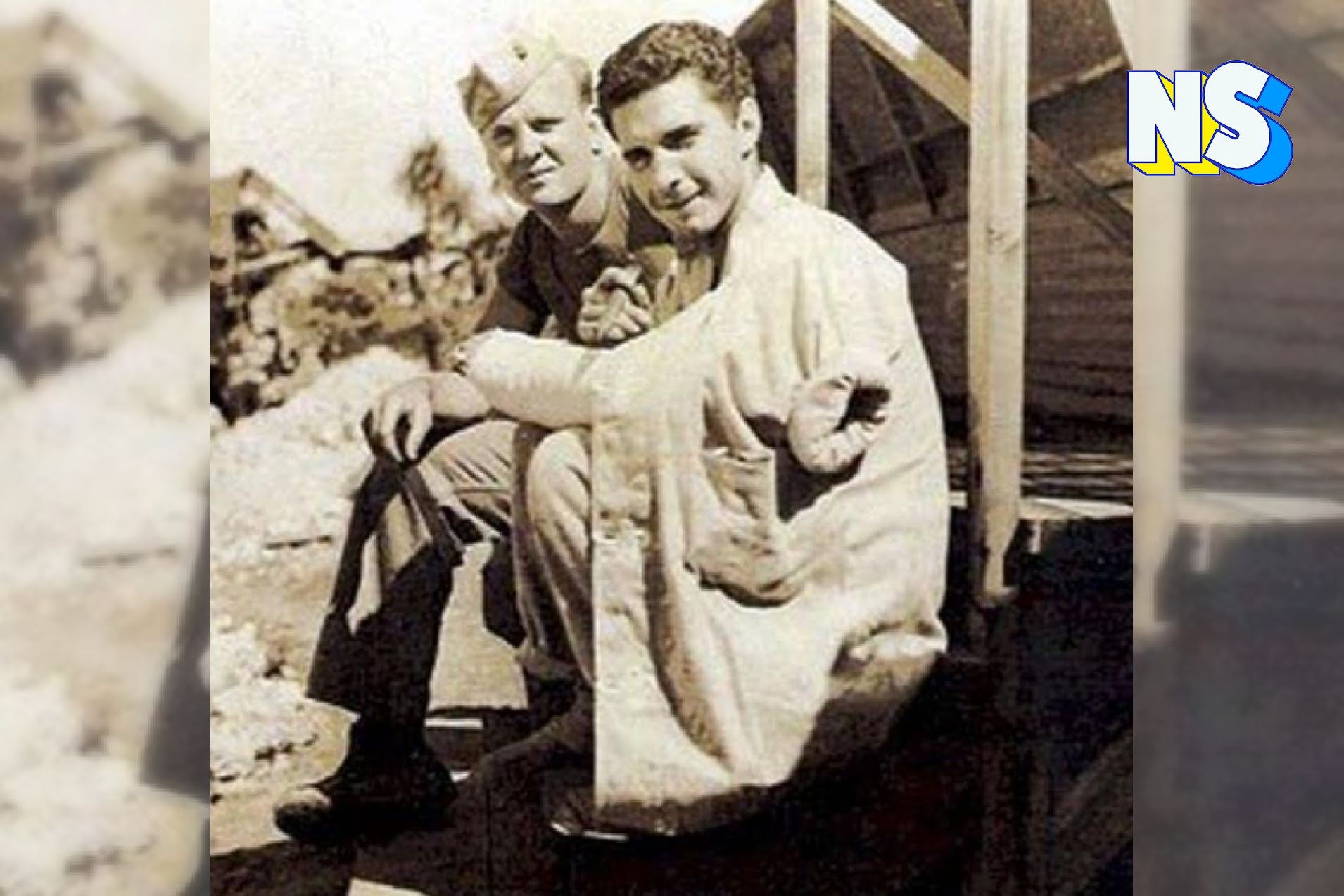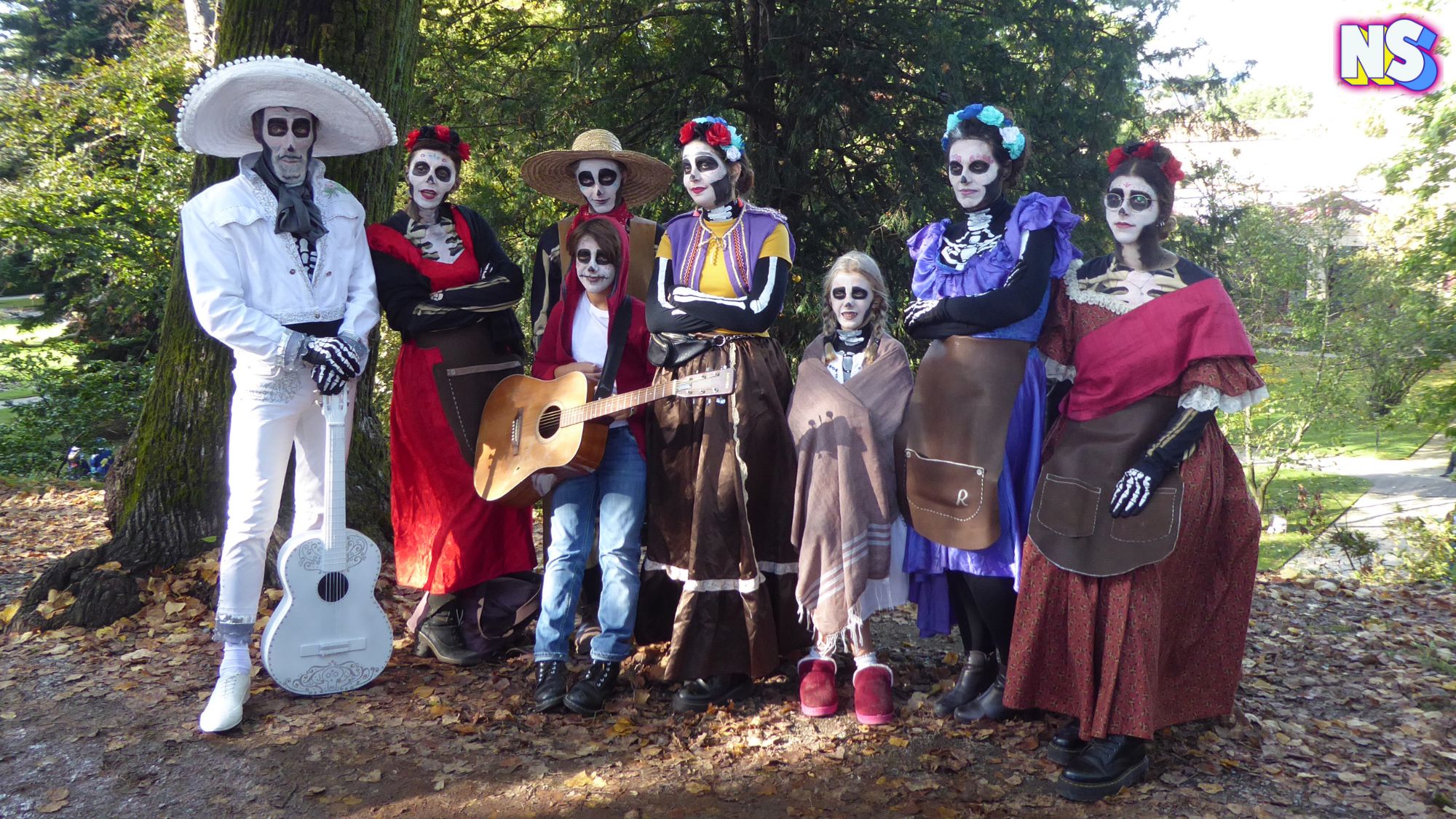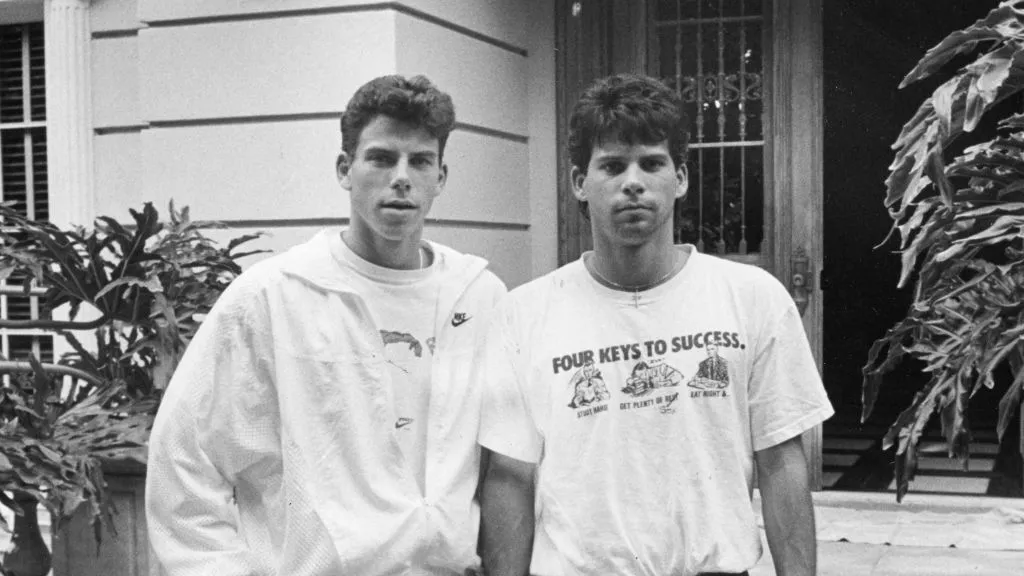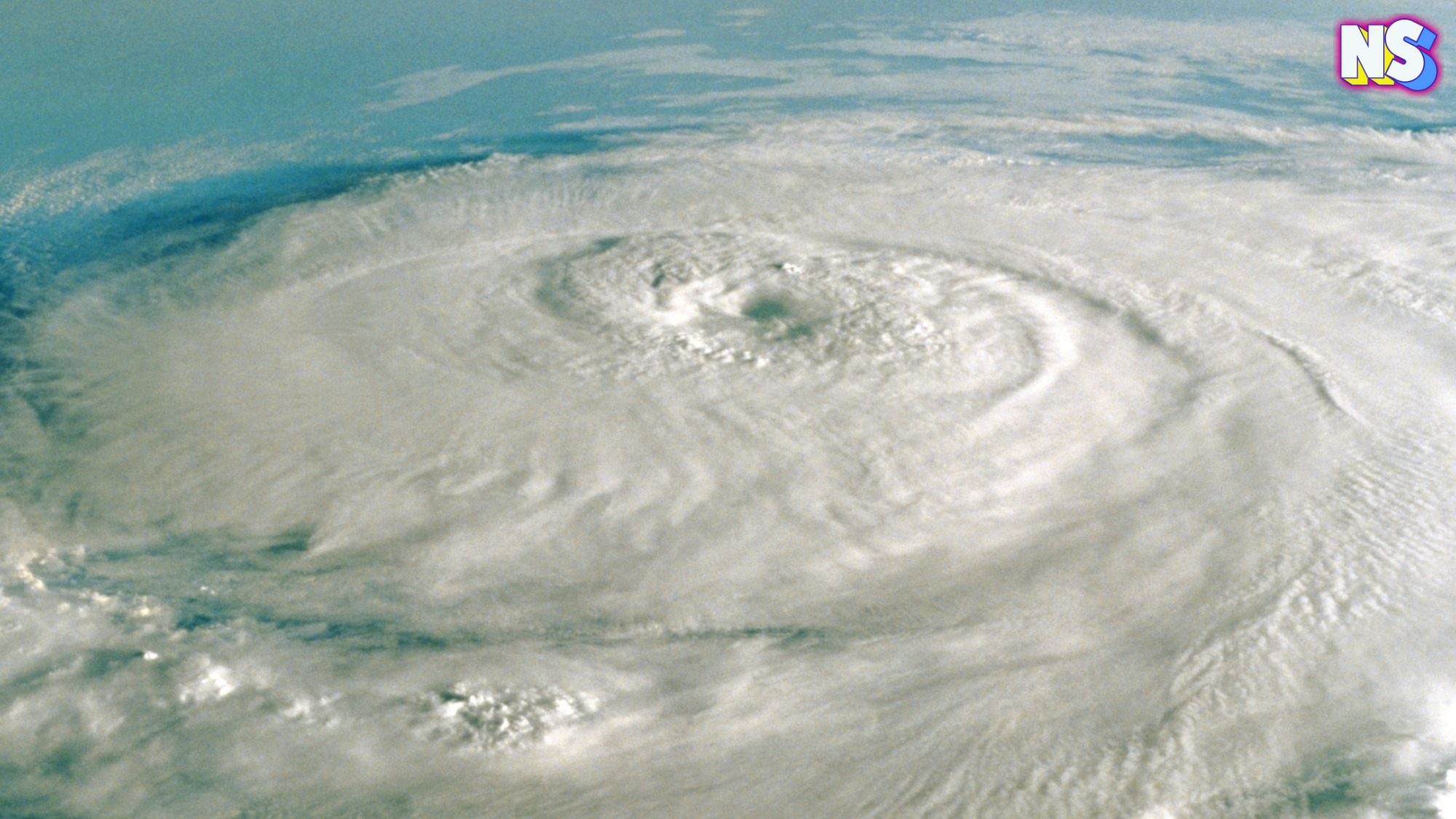Credit: Nuestro Stories
His life was a movie and a 1957 episode of the television program “This is Your Life.” His fellow Marines credited him with capturing more than 1,500 Japanese soldiers in Saipan during World War 11. He was a hero at 18. Yet, the producers of the 1960 movie “Hell to Eternity” didn’t consider the real Guy Gabaldon, a short Mexican-American from East Los Angeles, worthy of the role, even though he was the hero.
The part went to a tall and blue-eyed actor called Jeffrey Hunter. A Mexican hero wasn’t going to cut it for Hollywood, then. Not much has changed.
He thrived by being clever
Gabaldon was born in 1926 and raised in Boyle Heights, a neighborhood of East Los Angeles. He was the fourth of seven children in what he stated was a happy childhood.
"They say we were poor," he said in an interview. "I didn't know that – we always had beans and tortillas."
His father was a welder and a machinist, and his mother stayed at home taking care of the children. When Gabaldon was only ten years old, he went to work shining shoes from Skid Row to Broadway and Hill. He made one dollar a day; it was a lot back then.
He met two Japanese American brothers named Lyle and Lane Nakano during that time. They were the same age and went to the same high school. Gabaldon, fascinated by their traditions and customs and the fact that the two brothers excelled at school and never got in trouble with the police, eventually moved in with the family.
He learned how to speak Japanese, which would be a life-saving skill during the war. So, he stayed with them – besides a brief stint with his grandfather in New Mexico (Gabaldon started running with the wrong crowd and getting in trouble with the police), until war broke out in 1941. The Nakano family was sent to an internment camp, and the brothers enlisted in the Army.
Gabaldon would follow after he turned 18, enlisting in the Marine Corps. After rigorous training, he made Marine Private in the 2nd Marine Division in the Saipan-Tinan operation in the South Pacific.
“Many have wondered why I was so calloused to the harshness of battle while only an 18-year-old kid. I believe my childhood in the slums had much to do with my attitude in battle,” he said in an interview.
“I think it best to go back to when I was a ten-year-old lad living as a waif in the ghettos of Los Angeles, shining shoes on Skid Row. Fighting in the Pacific tropical jungles and living in the East Los Angeles ghettos had a lot in common – you had to be one step ahead of the enemy or adios mother,” he said.
His exploits were many. One of his most famous ones was when he managed, with his Japanese, to convince Japanese soldiers to surrender to him en masse.
Read more: The Origins of Boyle Heights
Gabaldon deserved more recognition than he received
He was awarded the Silver Star Medal for his bravery during World War II. In 1961, he was awarded the Navy Cross. But, unfortunately, he never got the Presidential Medal of Honor.
"Of course, it was because I am a Chicano-no other reason," Gabaldon said in an interview.
But he very much deserves it.
https://draft.nuestrostories.com//wp-content/uploads/2022/06/Susanne-182x250.jpeg





